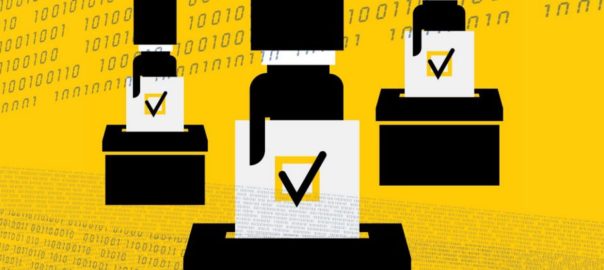
In our contentious world, it is wise that we pause and examine some of the foundations of our current chaos. We are assailed with ideological inputs from all sides. The moment someone calls for personal responsibility for social ills they are labeled insensitive, racist, or worse. When another utters the words, “systemic injustice” they are branded a Marxist. Dialogues end in both cases and resolutions are far away.
This essay is not about ideological preferences or even specific public policies. My aim is unveiling a phenomenon that hinders human flourishing: we have many good people trapped in bad systems. For decades I have listened to thoughtful women and men offer innovative solutions in classrooms and over coffee, only to go back into their offices and organizations that stifle creativity and promote conformity.
These bad systems almost have a life of their own. They breed fantasies and fatalism – promising the world with just a bit more money or promoting a bureaucratic apathy of hopelessness that hopes next year’s budget includes them. These bad systems are in private and public agencies and recognizing the signs and refusing to submit to the inevitable are the first steps forward toward liberation.
There are three insights that will help us find freedom. First, we must recognize the phenomena of systemic captivity. These include losing sight of the mission, self-preserving activities, and forgetting that all systems are supposed to serve the mission, not become an end in themselves. Second, we must accept that real change is painful and includes many finding new employment or learning new skills. Effectiveness includes new efficiencies. Institutional systems must be nimble. Transitions can be compassionate, but they will not be easy. Third, advocates of systems change will be marginalized, even hated. The purest motives and the wisest pathways will still meet the inevitable resistance to change.
Here are two applications that can change history. The first is commitment to a balanced federal budget and more local administration of vital programs. We need the universal ethics of federal influence (to ensure fairness) and the efficiencies of local systems for many public programs. Of course, there will be many job changes if we get serious about this. A second application more fun: non-profit and for-profit partnerships that help further flourishing with each bringing the best of their ethos and systems to the particular causes they are working on together. Good ethics and best practices apply to both kinds of organizations.
Before we label or libel leaders, let’s pause and look at the systems in place and see if we can find common cause in reform that leads to better results.




